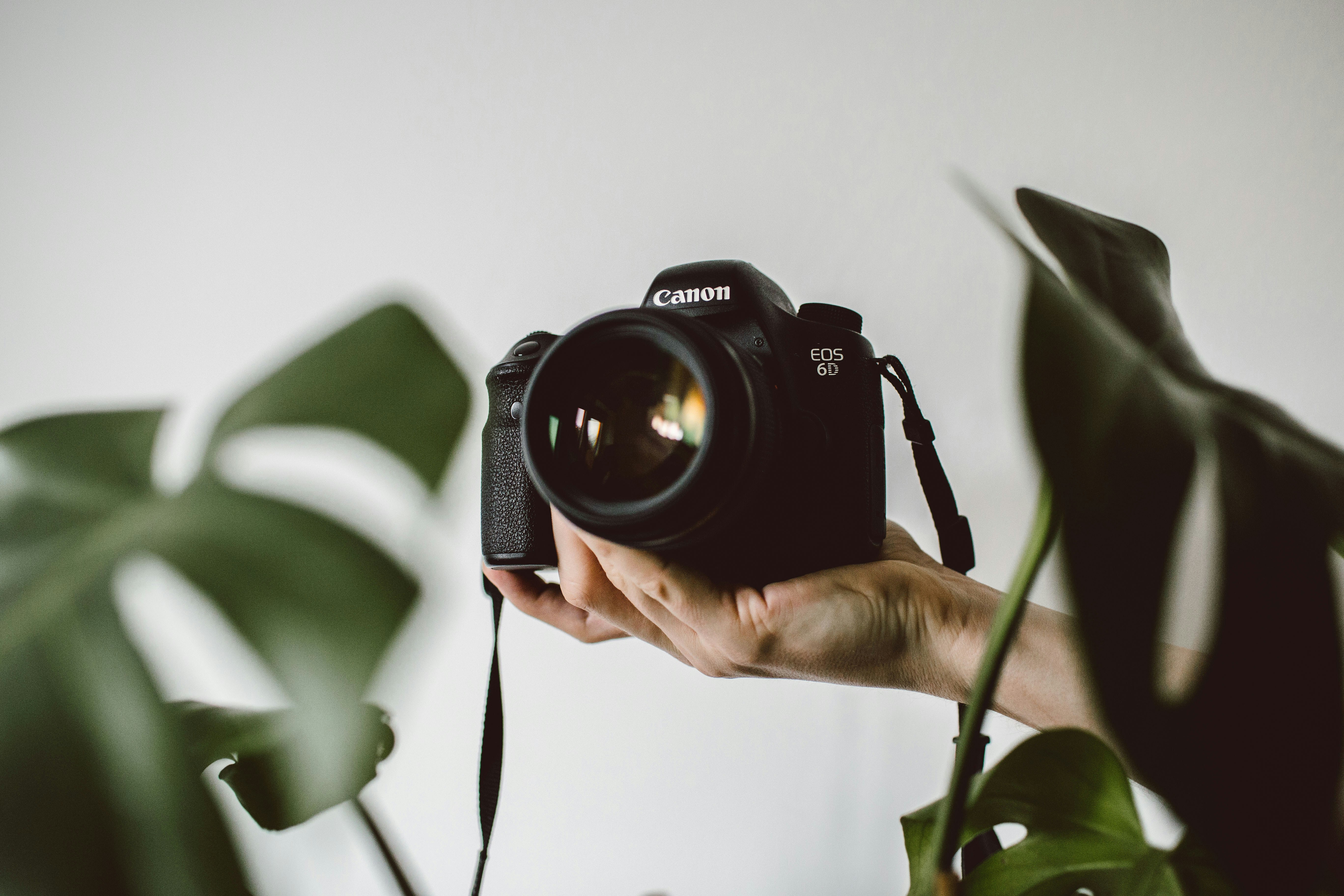Mastering Photography in the Digital Age: Tips and Techniques
Jul 15, 2024
Photography has transformed dramatically with the advent of digital technology. Whether you're a professional or an enthusiast, mastering digital photography involves understanding both the artistic and technical aspects

1. Understand Your Gear
Familiarize yourself with your camera's settings and capabilities. Learn how to adjust ISO, aperture, and shutter speed to control exposure and achieve the desired effect.
2. Composition Matters
Good composition is key to great photography. Use the rule of thirds, leading lines, and framing to create visually appealing images. Experiment with different angles and perspectives to add interest.

3. Post-Processing
Post-processing is an essential part of digital photography. Use software like Adobe Lightroom or Photoshop to enhance your photos, correct exposure, and adjust colors. However, avoid over-editing and strive for a natural look.
4. Lighting is Everything
Lighting plays a crucial role in photography. Learn how to work with natural light and artificial lighting to create the desired mood and highlight your subject. Golden hour (shortly after sunrise or before sunset) offers soft, flattering light.
5. Practice, Practice, Practice
Like any skill, photography improves with practice. Take your camera with you and shoot regularly. Experiment with different settings, subjects, and techniques to develop your style and improve your skills.
By mastering these techniques, you can take your digital photography to the next level and create stunning images that capture the essence of your subjects.

1. Understand Your Gear
Familiarize yourself with your camera's settings and capabilities. Learn how to adjust ISO, aperture, and shutter speed to control exposure and achieve the desired effect.
2. Composition Matters
Good composition is key to great photography. Use the rule of thirds, leading lines, and framing to create visually appealing images. Experiment with different angles and perspectives to add interest.

3. Post-Processing
Post-processing is an essential part of digital photography. Use software like Adobe Lightroom or Photoshop to enhance your photos, correct exposure, and adjust colors. However, avoid over-editing and strive for a natural look.
4. Lighting is Everything
Lighting plays a crucial role in photography. Learn how to work with natural light and artificial lighting to create the desired mood and highlight your subject. Golden hour (shortly after sunrise or before sunset) offers soft, flattering light.
5. Practice, Practice, Practice
Like any skill, photography improves with practice. Take your camera with you and shoot regularly. Experiment with different settings, subjects, and techniques to develop your style and improve your skills.
By mastering these techniques, you can take your digital photography to the next level and create stunning images that capture the essence of your subjects.

1. Understand Your Gear
Familiarize yourself with your camera's settings and capabilities. Learn how to adjust ISO, aperture, and shutter speed to control exposure and achieve the desired effect.
2. Composition Matters
Good composition is key to great photography. Use the rule of thirds, leading lines, and framing to create visually appealing images. Experiment with different angles and perspectives to add interest.

3. Post-Processing
Post-processing is an essential part of digital photography. Use software like Adobe Lightroom or Photoshop to enhance your photos, correct exposure, and adjust colors. However, avoid over-editing and strive for a natural look.
4. Lighting is Everything
Lighting plays a crucial role in photography. Learn how to work with natural light and artificial lighting to create the desired mood and highlight your subject. Golden hour (shortly after sunrise or before sunset) offers soft, flattering light.
5. Practice, Practice, Practice
Like any skill, photography improves with practice. Take your camera with you and shoot regularly. Experiment with different settings, subjects, and techniques to develop your style and improve your skills.
By mastering these techniques, you can take your digital photography to the next level and create stunning images that capture the essence of your subjects.

1. Understand Your Gear
Familiarize yourself with your camera's settings and capabilities. Learn how to adjust ISO, aperture, and shutter speed to control exposure and achieve the desired effect.
2. Composition Matters
Good composition is key to great photography. Use the rule of thirds, leading lines, and framing to create visually appealing images. Experiment with different angles and perspectives to add interest.

3. Post-Processing
Post-processing is an essential part of digital photography. Use software like Adobe Lightroom or Photoshop to enhance your photos, correct exposure, and adjust colors. However, avoid over-editing and strive for a natural look.
4. Lighting is Everything
Lighting plays a crucial role in photography. Learn how to work with natural light and artificial lighting to create the desired mood and highlight your subject. Golden hour (shortly after sunrise or before sunset) offers soft, flattering light.
5. Practice, Practice, Practice
Like any skill, photography improves with practice. Take your camera with you and shoot regularly. Experiment with different settings, subjects, and techniques to develop your style and improve your skills.
By mastering these techniques, you can take your digital photography to the next level and create stunning images that capture the essence of your subjects.



